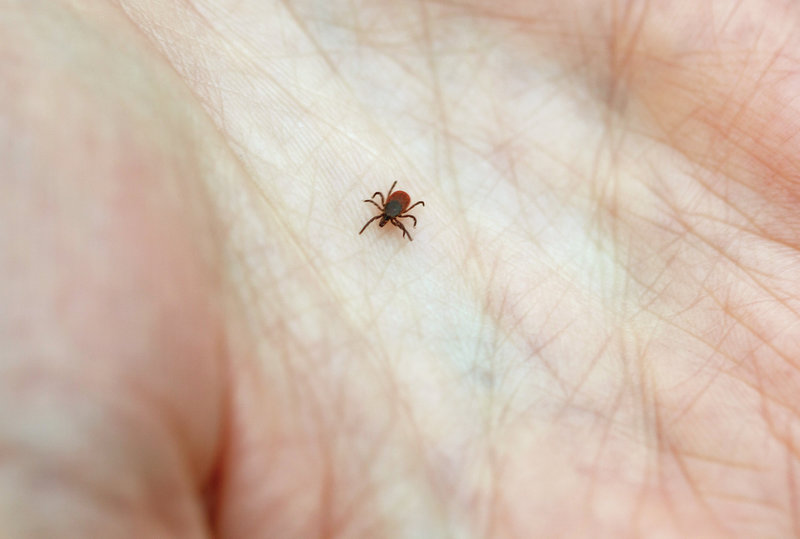When a Stroke Strikes, Every Minute Matters
Here’s how a 29-year-old new mom survived and recovered from a stroke.
Strokes can occur suddenly, at any time. If you or a loved one has a stroke, a blood vessel in the brain is blocked or has burst, which can cause brain damage or death within minutes. You have to act fast. And while it’s true that older people have a higher risk for stroke, a stroke can happen to anyone at any age — even a 29-year-old new mom.
Teamwork quickly guides you to the right care
Two weeks after giving birth to her second child, 29-year-old Sonia Bains was running a high fever, losing coordination and having seizures. Her family drove her to the nearby Kaiser Permanente South San Francisco Medical Center emergency room. Immediately, the Primary Stroke Care team of doctors decided she needed our advanced, specialty stroke care in Redwood City.
“When the Primary Stroke Care team in South San Francisco contacted us, we helped direct the care and activated our team of specialists,” recalled Vivek Rao, MD, a neurointensivist (doctor who cares for patients in the neurological intensive care unit, known as the ICU) and director of Kaiser Permanente’s Redwood City Comprehensive Stroke Center. Dr. Rao and his team collaborate closely with neurology and emergency medicine colleagues around Northern California. It’s part of Kaiser Permanente’s integrated care delivery.
Learn the Signs of Stroke
F.A.S.T. is an easy way to remember some common signs of stroke.
If you spot any of these signs, call 911* for helpright away
- F — Face drooping
- A — Arm weakness
- S — Speech difficulty
- T — Time to call 911
*If you reasonably believe you have an emergency medical condition, call 911 or go to the nearest Emergency Department. An emergency medical condition is a medical or psychiatric condition that requires immediate medical attention to prevent serious jeopardy to your health. For the complete definition of an emergency medical condition, please refer to your Evidence of Coverage.
Our doctors provide the treatment that’s best for you
At Redwood City, doctors were already working on Bains’ case. When she arrived at the facility at 3 a.m., Dr. Rao was able to guide his team, using Kaiser Permanente’s powerful, electronic health record system. Dr. Rao related, “There was close communication between the different neurological specialist teams to ensure Sonia received the care she needed.”
Our highly experienced team of specialists discovered that Bains had an uncommon form of stroke, due to cerebral venous sinus thrombosis, or CVST. Dr. Rao explained, “Simply put, it’s a clot that blocks the brain’s normal functioning and prevents it from naturally draining blood.” He added that CVST causes swelling and bleeding in the brain that can lead to paralysis or death if not promptly recognized and appropriately treated. The condition affects just five in 1 million people every year. While it’s rare, women who’ve recently had a baby are at higher risk.
Bains required a complex neurocritical care plan (which is a critical care plan that relates to the brain, spinal cord and nerves) to reduce the clot and resulting pressure inside the brain. Once this was achieved, her next crucial steps were recovery and rehabilitation.
An unusual stroke calls for an exceptional care unit
Dr. Rao noted that Bains’ recovery care team at Redwood City was committed to helping her get back to her normal life. “She was in our state-of-the-art neurological ICU for over a month, with 24/7 care from a large team of neurological specialists, as well as a dedicated group of specialty nurses, therapists and social workers.”
While at Redwood City, Bains could only move her fingers. She worried she’d never be able to hold her baby again. But Dr. Rao insisted she’d recover completely.
“I looked at him like he had three heads,” Bains joked.
As her health gradually improved, Bains continued her care at Kaiser Permanente’s rehabilitation center in Vallejo. Eventually, she started walking and regaining use of her hands. Finally, she could hold her new baby boy in her arms again.
Source: Kaiser Permanente
“When a Stroke Strikes, Every Minute Matters” by:Kaiser Permanente


